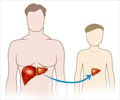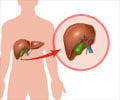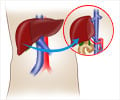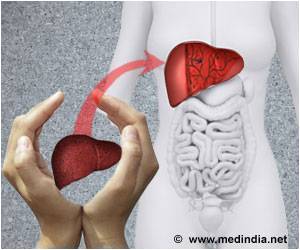A new review discusses important consideration when caring for children who have received liver transplants.
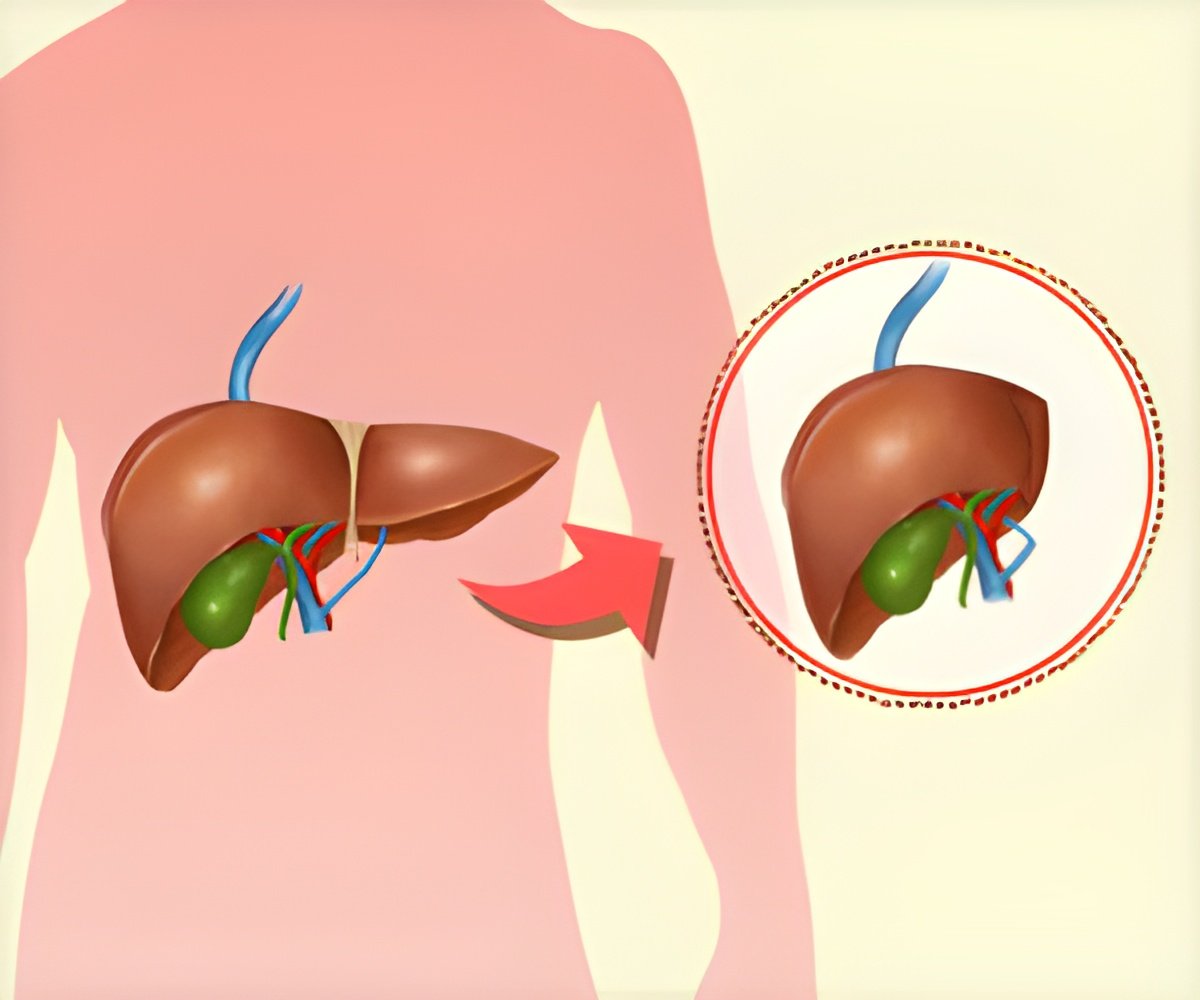
‘Pre-transplant and continuous post-transplant caregiver and patient education is crucial for optimal outcomes when caring for children who have received liver transplants.’





"Caring for children after liver transplantation is extremely
rewarding thanks to their excellent outcomes," said Dr. Tamir Miloh,
lead author of the Liver Transplantation review. "Tailoring the
immunosuppressant regimen in pediatrics is complex, however, due to
physiologic differences in pharmacokinetics, impact on growth and
development, infection risk, carcinogenesis, and likelihood of
non-adherence on one hand and tolerance on the other. Pre-transplant
and continuous post-transplant caregiver and patient education is
crucial for optimal outcomes."
Source-Eurekalert

